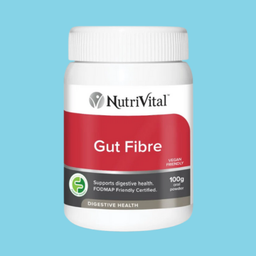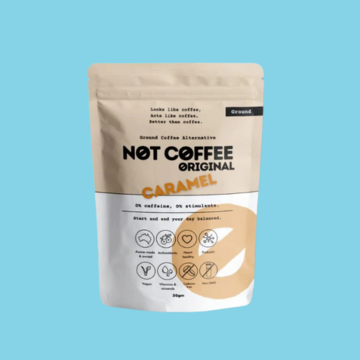Eating like a caveman is definitely on trend at the moment! But before you grab your club and head out, naturopath Ingrid Gilmour breaks through the hype and reviews the facts.
At its core the paleo movement began as a way to live that was emulating our ancestors. So clean up the diet by taking out grains, dairy, legumes (including peanuts), processed foods and refined vegetable oils and move your body daily. Not bad ideals really when you look at it.
Obviously this is where the debate arises. Some paleo people eat quality dairy while others do not, and protein intake varies from person to person. Then there’s the group who ingest a low carbohydrate diet that’s ketogenic in nature while others eat grain-like seeds (buckwheat, millet and quinoa). Obviously the wisest advice with any diet is to look at the principles and adapt them to your own needs.
When we look back through history there is a commensurate correlation when consumption of modern wheat, industrial seed oil and sugar increased so too did the incidence of disease. These foods are pro-inflammatory in nature and are over consumed. Recent writings by Dr William Davis (Wheat Belly) and Dr David Perlmutter (Grain Brain) give clear account that grains are not as innocent as we have been told. I believe the biggest issue we have with grains is the blatant over consumption of this one food group, which is often mixed with refined vegetable oils, heaps of refined sugar plus many additives to create addictive processed foods, like doughnuts, that has absolutely no food value whatsoever.
The biggest positive education arising from paleo style diet is that saturated fats are not all bad and the need for several serves a day of grains is misguided at best. For the past thirty years, fats have taken the blame for everything from heart disease to obesity, so we threw out butter and started spreading yellow hydrogenated trans fatty acids (margarine) on our toast. Yet this didn’t work! Our body requires good fats (including quality saturated fats) to absorb vitamins A, D, E and K as well as for many important bodily functions from cell structure to hormones. So enjoy eating grass-fed beef and butter, pour olive oil on your salads and cook with coconut oil without the guilt.
I do have some caveats. Before you begin, educate yourself (great sources to read are Robb Wolf, Nora Gedgaudus, Chris Kresser, Mark Sisson or Professor Loren Cordain). Keep a diet diary for a week and really look at what you are already eating and see how you can change these to ‘paleo’ meals. When starting out it can be helpful to use grain like seeds as substitutes for grains you normally eat for example quinoa with a stir fry instead of rice. Be aware of your own specific needs ie. do you have high exercise demand, do you eat meals out, are you feeding a child? These are important questions to be taken into account or imbalance in the body will occur. It’s easy to cut out starches (grains) and increase protein (meat, eggs etc) but without enough vegetables this way of eating becomes incredibly acidic and will cause other health issues. Balance is the key. Environmentally we also have to be aware that getting everyone eating animal based proteins three times a day is not sustainable long-term for the planet. So using nuts and seeds (activated if possible) as a protein source can be helpful. Also make sure you’re drinking at least two litres of alkaline water daily, with any major dietary change your body will want to detox and water helps move the toxins out.
The great takeaway message from going paleo is ditching the processed foods, eating food as nature intended it, increasing organic where possible, avoiding grains, eating seasonally, moving your body and enjoying life. What more can you ask for!
The paleo food list
Eat
- grass-fed meats
- fish or seafood
- fresh fruit and vegetables
- eggs
- nuts and seeds
- healthful oils (olive, flaxseed, macadamia, avocado, coconut)
Don’t eat
- grains
- dairy
- processed foods
- refined sugar
- legumes (beans, peas, lentils or peanuts)
- starches (including white potatoes, white rice)
- refined vegetable oils

